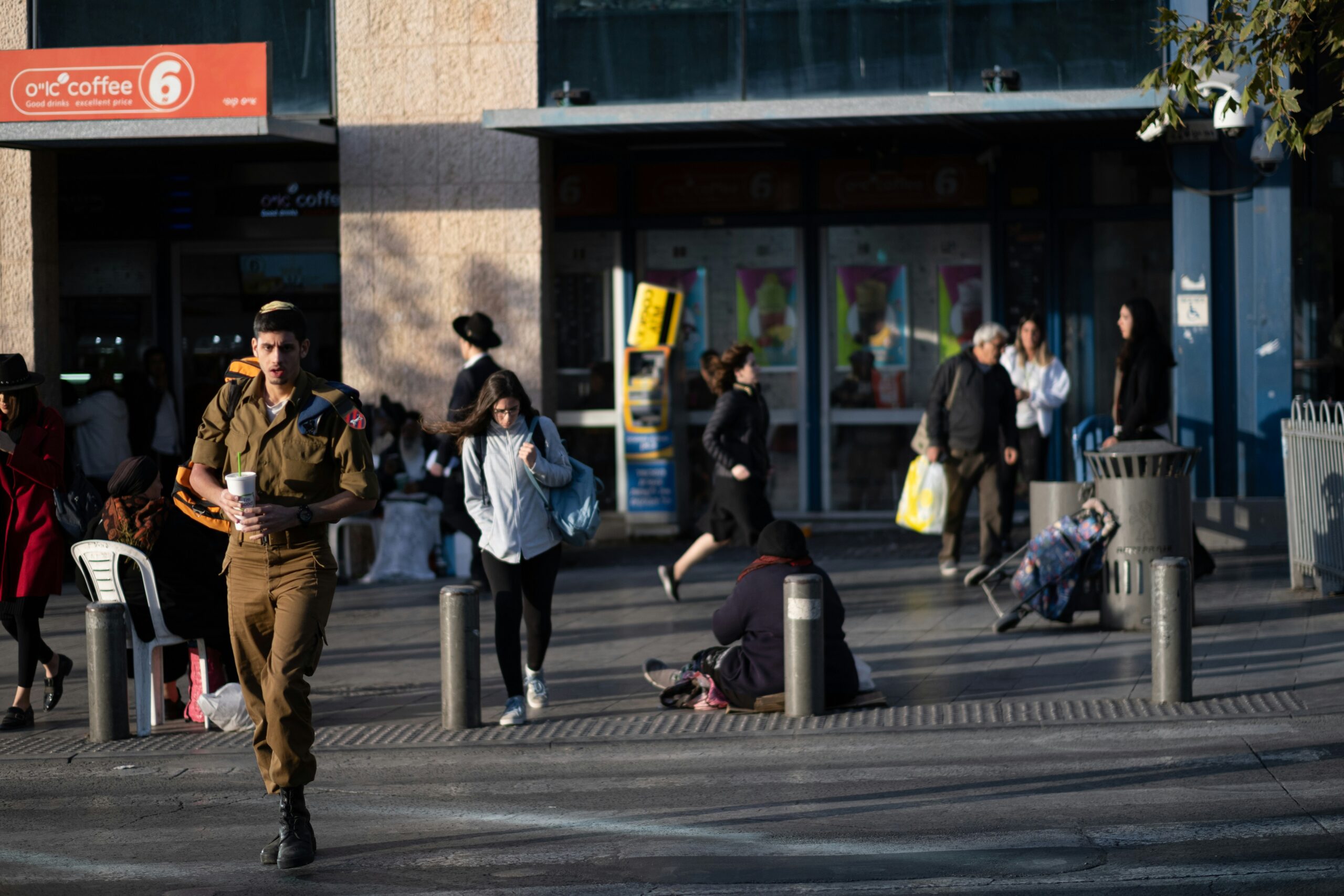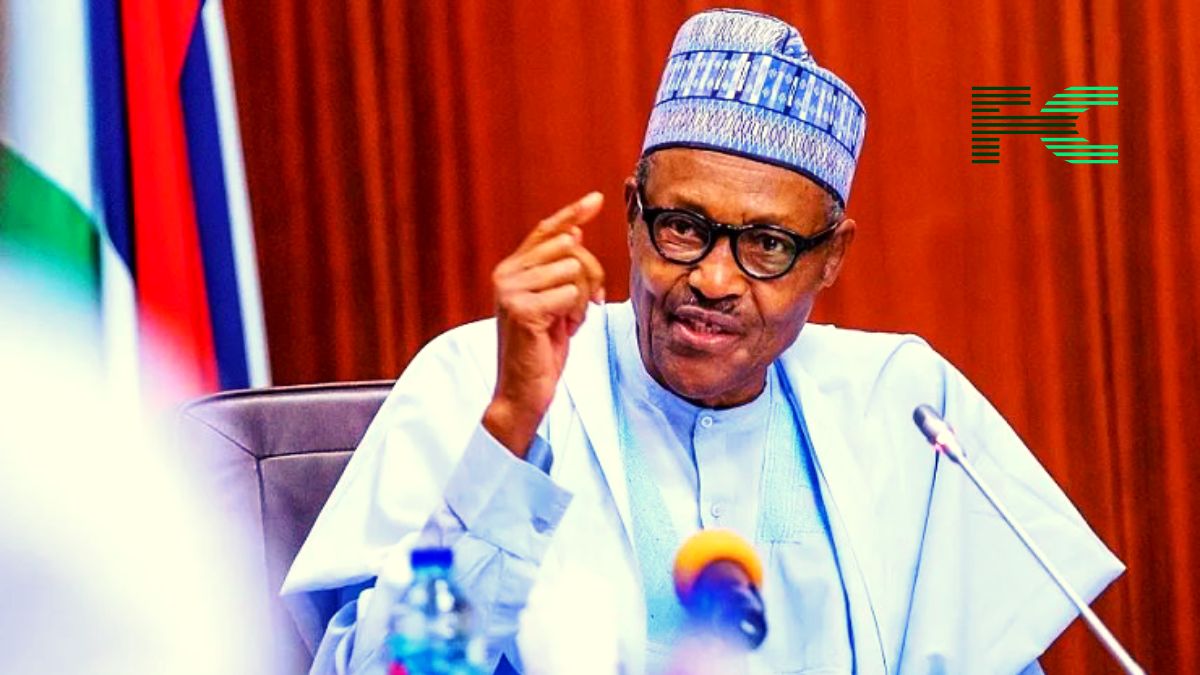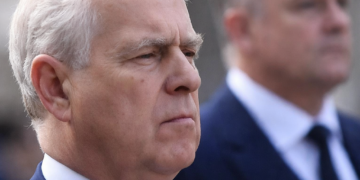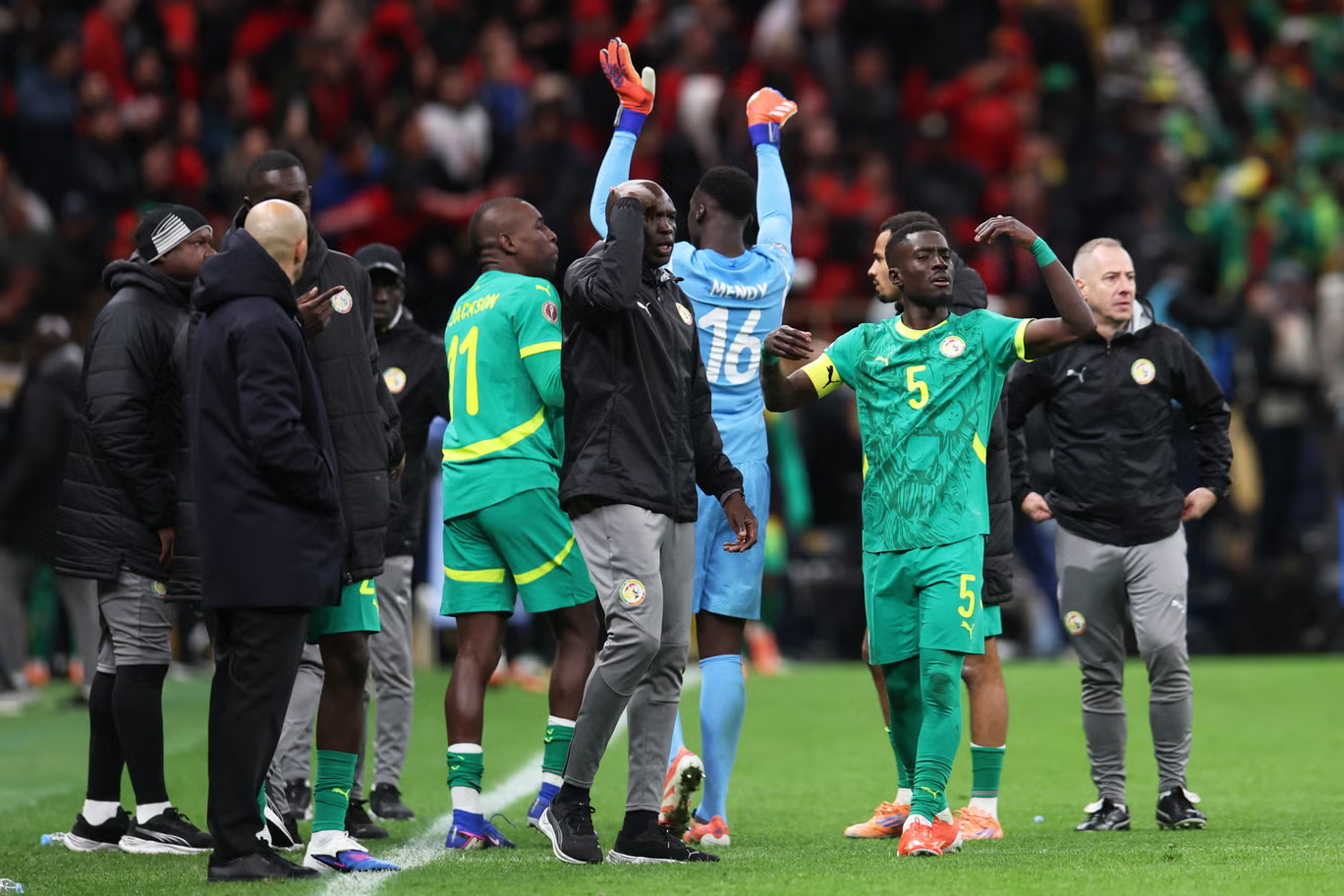The cold-blooded murder of five people at a Jerusalem bus stop is once again a reminder that the cycle of violence between Israelis and Palestinians is far from over. This cruel attack, carried out by two Palestinian gunmen and praised by Hamas, is a direct and tragic consequence of a conflict that has been allowed to fester without a political solution.
While the initial reporting focuses on the victims, the heroes who responded, and the immediate security response, it misses the larger, more crucial point: this is what happens when a sense of hopelessness becomes the dominant political reality.
In the hours following the attack, the Israeli government’s response has been predictable and, unfortunately, self-defeating. Prime Minister Benjamin Netanyahu rushed to the scene to declare a “war on multiple fronts,” and his far-right ministers have called for collective punishment, including the deportation of attackers’ families.
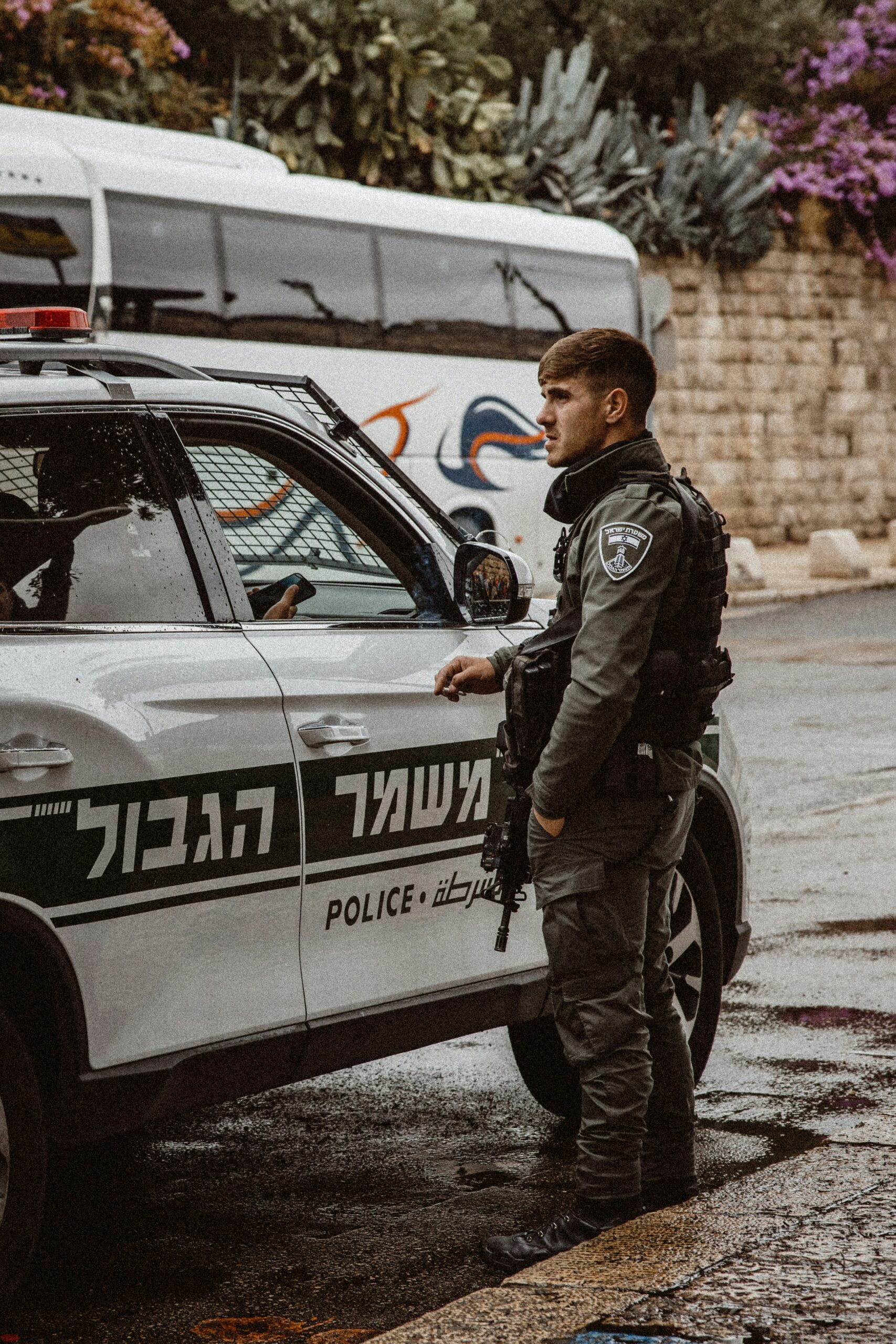
This approach, while satisfying the immediate desire for retribution, only deepens the cycle of violence. When entire communities are punished for the acts of a few, it fuels resentment, radicalizes the population, and creates a fresh well of recruits for militant groups. The Israeli military’s decision to immediately encircle Palestinian villages near Ramallah, while framed as a security measure, is perceived as collective punishment and an act of escalation that will not bring lasting peace. It is merely a reactive strategy to say the least.
What Happens Now?
To break this deadly cycle, both sides must move beyond the current zero-sum approach. For the Israeli government, the immediate solution is not more military force but a shift in policy. First, a targeted, intelligence-based security strategy must replace collective punishment, ensuring that only those directly responsible for violence are held accountable.
Second, and more importantly, the government must acknowledge that a lasting security solution is impossible without a viable political one. This means immediately ceasing all settlement expansion, which is a major driver of Palestinian frustration, and re-engaging in serious, good-faith negotiations with the Palestinian Authority.
The international community, led by the US and the EU, must also stop its empty condemnations and use its diplomatic and economic leverage to force both sides to the negotiating table. The tragic deaths at Ramot Junction are a painful testament to the urgent need for a new way forward.

